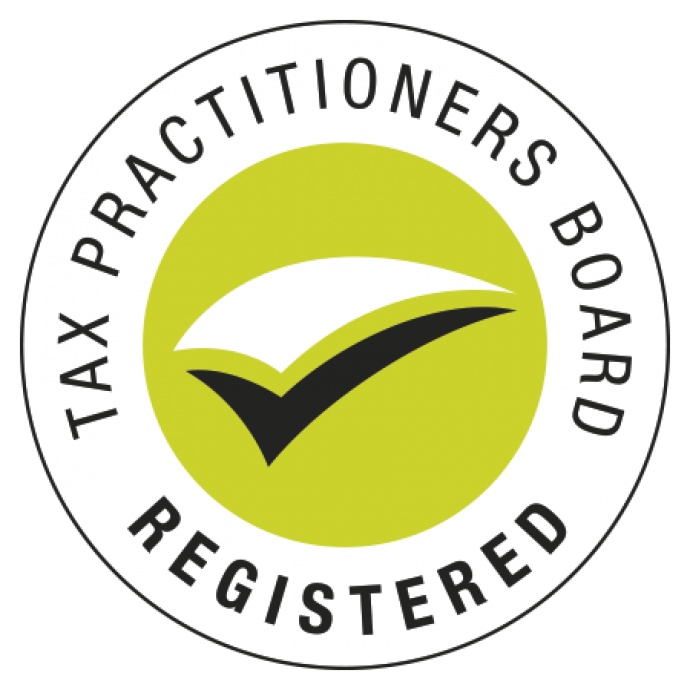
* Profit & Loss Statement
* Member Statements
* Investment Reports
* Trustee Resolutions & Minutes
SMSF annual return (accumulation phase) - information
15 Aug 2020 updated
As a trustee, there are numbers of administrative obligations:
● lodge SMSF annual returns
● appoint an SMSF auditor
● value the fund's assets
● report transfer balance cap events
● lodge Superannuation transfer balance account reports
● keep records
● notify the ATO of changes.
You need to lodge an annual return once the audit of your SMSF has been finalised. The SMSF annual return is more than an income tax return. It is also used to report super regulatory information, member contributions and pay the SMSF supervisory levy.
If your fund did not have assets in the first year it was registered, you may not need to lodge a return for that year.
When to lodge ?
If you lodge your SMSF annual return yourself, the due date is:
● generally 28 February following the financial year
● 31 October if you didn't lodge your return for the previous financial year on time
● 31 October for your first year
If your return is lodged through a tax agent, they'll tell you the due date. For your first year the due date will be 28 February.
If your SMSF is reviewed by the ATO at registration, your first year return due date will be 31 October even if it is prepared and lodged by a tax agent. The ATO will notify you if this is the case.
If a due date falls on a weekend or public holiday you can lodge or pay on the next business day.
Failure to lodge your SMSF annual return by the due date can result in penalties and the loss of your SMSF’s tax concessions.


